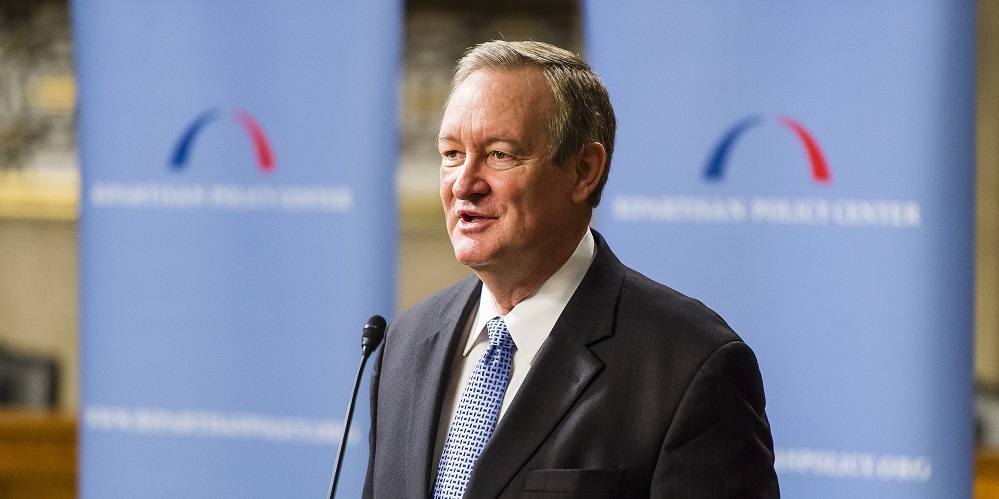
03 Aug 2016 Building on the Johnson-Crapo Consensus in Housing
BPC Action believes that while housing is one of the major drivers of the U.S. economy, current federal housing policy is ill-equipped to respond to the many housing challenges facing the U.S. today. We support reforming our broken housing finance system and creating a healthy, stable, and affordable housing market in order to ensure a strong economy and a globally competitive country. The following information is from BPC, our 501 (c) (3) affiliate.
The need for comprehensive housing finance reform still exists and should be a top-of-mind consideration in the next Congress. Instead of starting the discussion from scratch, Congress should recognize the groundwork already laid and progress made toward a consensus.
The Housing Finance Reform and Taxpayer Protection Act of 2014, commonly known as Johnson-Crapo, aimed to wind down and replace the government-sponsored enterprises (GSEs), Fannie Mae and Freddie Mac, with a system of paid-for federal guarantees of the timely payment of principal and interest to investors in “eligible” mortgage-backed securities (MBS). Eligible MBS would consist of credit-enhanced mortgages originated by lenders in the primary market, where private capital would absorb losses (first-loss risk) before the government guarantee kicked in. The Congressional Budget Office reported that the bill would save taxpayers $58 billion over 10 years relative to current law.
The Congressional Budget Office reported that the bill would save taxpayers $58 billion over 10 years relative to current law.
While the legislation was voted out of the Senate Banking Committee by a bipartisan majority in May 2014, it was never considered by the full Senate. Yet today Johnson-Crapo is the only comprehensive housing finance reform measure to receive bipartisan support (endorsed by a committee vote of 13-9 with 6 Democratic and 7 Republican ayes). As such, it is important that critical areas of consensus achieved in the Johnson-Crapo process serve as a starting point as the nation transitions to new leadership and stakeholders prepare for a renewed debate about the future of the GSEs.
Here is a list of the ten most important elements of the Johnson-Crapo bill that I believe mark the evolving consensus around the contours of a future housing finance system for the next Congress.
